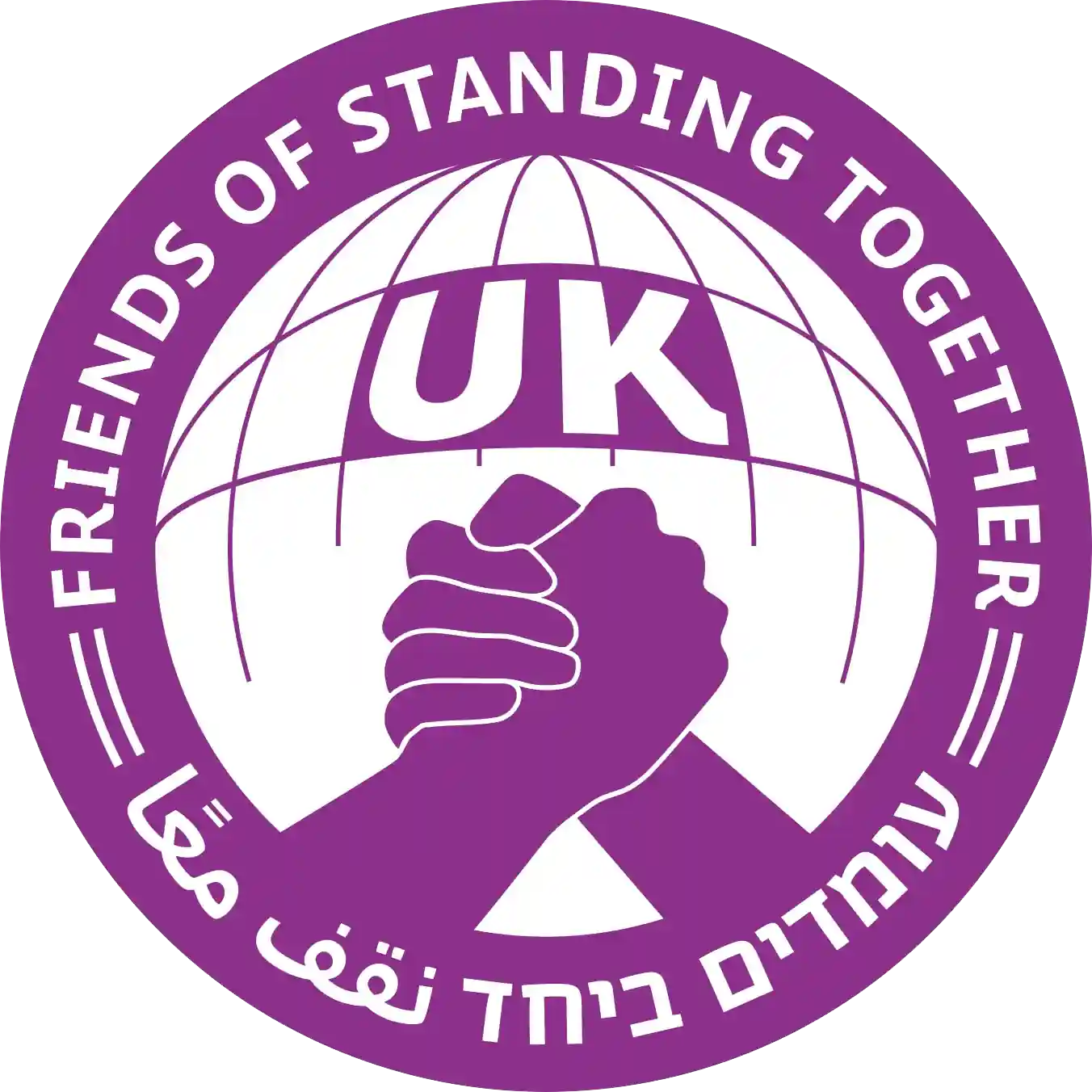“‘Black flag’ means an order you must disobey”
An interview with Avner Wishitzner, an activist in Combatants for Peace and an organiser of the recent Black Flag Action Group statement of Israeli and Palestinian academics opposing the war.
What is the Black Flag Action Group? How did it come into being? How do you relate to other anti-war groups in Israel, such as Standing Together and Mesarvot?
Black Flag is an action group of academics in Israel that was established early last week to resist the mass killing, starvation and displacement of the population in Gaza. In Israel, the term “black flag” (degel shachor) symbolises an illegal or blatantly immoral order that soldiers must refuse to obey. It originates from the aftermath of the 1956 Kfar Qassim massacre, when Israeli Border Police shot and killed 49 Palestinian citizens of Israel for violating a sudden curfew. In its landmark ruling, the Israeli Supreme Court stated that some orders are so clearly illegal that a “black flag of illegality flies over them,” and thus no soldier can justify obeying them. We use this phrase, that any Israeli would recognise, to say that a black flag flies over what Israel is doing in Gaza.
There are other groups who resist the war and have been organising protests. For instance, I am an activist with the Israeli-Palestinian movement Combatants for Peace that has been co-resisting the war for many months now. Standing Together, Women Wage Peace and other groups are also mobilising against the war. Black Flag joins this resistance. So far, more than 1,300 academics have signed our open letter and in the last few days protests were held in different campuses across the country. Students too join the protests and are organising to mobilise.
What other kinds of mobilisation has there been against the war on Israeli campuses?
Before Black Flag was established, there were sporadic actions in different campuses. For example, lectures and students at the Hebrew University of Jerusalem held teach-ins about Gaza and in Tel Aviv University and Haifa University protests were held. This activity, however, was not coordinated and was sometimes limited by the universities’ authorities. Black Flag boosts this activity and seeks to raise a voice against the atrocities taking place in Gaza, not only in campuses but across Israeli society.
Some estimates suggest that over 100,000 Israeli reservists are refusing to serve. Are there groups on Israeli campuses calling openly to refuse to serve?
The estimate of 100,000 is a gross exaggeration. Thousands are avoiding service in many different ways; many of them are at the very least uncomfortable about Israeli policies. But only few openly refuse and risk imprisonment. As a group, Black Flag addresses its protest mostly toward the government and the general public. To be sure, there are voices on campuses and outside them that call upon soldiers to refuse but that is not what Black Flag does.
Particularly in international academia there are calls to cut ties with Israel – in some cases resulting in Israeli academics being excluded abroad. Moreover, amongst parts of the BDS movement are those who call for a boycott of even Jewish-Palestinian anti-war and anti-occupation groups such as Standing Together. Do these boycotts affect the work of the Black Flag Action Group? Does it affect how isolated left-wing education workers in Israel feel in relation to the international left?
We are very much focused on Israeli society and since the group has only just been established, we have not dealt with the BDS yet. However, that is by now an old discussion. My personal position is that a blanket boycott of everything Israeli, even groups that actively oppose Israeli criminal policies in the West Bank and Gaza, such as Combatants for Peace, or Standing Together, is counter productive. It weakens opposition rather than strengthen it.
There has been much victimisation of education workers for protesting the war? How have the left on campuses responded? What has been the response by higher education trade unions?
Trade unions have so far remained uninvolved in the protests against the war, and I do not think that is likely to change soon, considering that mainstream Israeli society is still largely blind to the consequences of out doings in Gaza. Israeli mainstream media simply does not show what the rest of the world sees, creating a bubble that “shields” Israelis from the horror. Add to this the impact of Hamas’s atrocities on 7 October, and years of dehumanisation and brutalisation and you can understand where most Israelis, including trade unions, stand. I do feel, however, that things are changing. More letters are coming out, more protests organised, more critical voices raised in the press.
What does the Black Flag Action Group plan to do next?
We hope to boost these critical voices and encourage a more open, more sincere discussion of Israeli policies, and a more effective resistance to them. We will do that through protests in campuses and beyond, op-eds, webinars and many other means. Our main message is that in the face of the catastrophe that is our own making, we simply cannot keep quiet. We must fly a black flag.
This interview was first published by Workers’ Liberty. Posted 5 June 2025.

